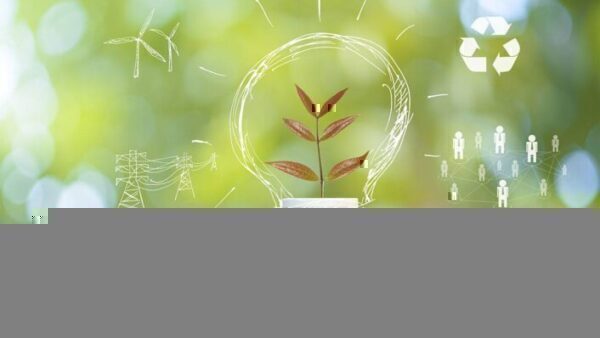Mejore Sus Finanzas y Siga Apoyando a Sus Seres Queridos
Emigrar por un futuro mejor, con separación y desafíos financieros. Remesas sostienen, presionan las finanzas.
Rev Up Your Car Budget
- February 22, 2024
- Category: Financial Education
Is this the year you rev up your car budget? If so, you have probably started looking at your finances, what you want, and what you can afford.
Empowering Black Voices in Finance: 6 Names You Should Know
- February 6, 2024
- Category: Blog, Budgeting, Debt, Financial Education
In honoring Black history throughout February and year-round, we’re spotlighting financial gamechangers whose voices are shaping the way we think and talk about money.
Consejos Financieros Para Padres
Las finanzas de los padres simplificadas. Consejos para emergencias, educación y adolescentes. Asegure el futuro de su familia con el asesoramiento de expertos.
This Year, Keep Your Money Habits Going
- January 2, 2024
- Category: Budgeting, Financial Education
Carry on with all of the financial progress you’ve made! Having good financial habits in place will help you set your New Year up for success.
Make a Plan to Save 20% or More on Your Energy Bills
- December 5, 2023
- Category: Financial Education, Financial Health Tips
If your utility bills put a crunch on your budget, there are easy steps you can take to reduce energy usage and save on your energy bills. Read more here!
Como Crear Tu Propio Éxito Financiero
Descubre el éxito financiero con GreenPath, una organización con más de 60 años de experiencia. Supera desafíos financieros y obtén asesoramiento gratuito. ¡Llama hoy mismo para iniciar tu camino hacia una mejor situación financiera!
What to Know About Student Grant Programs
- October 10, 2023
- Category: Blog, College, Financial Education
Student grant programs are free financial aid that you are not required to repay. Federal and state governments commonly fund student grants.
Try These Ten Financial Life Hacks
- October 6, 2023
- Category: Blog, Budgeting, Financial Education, Financial Health Tips
Smart money management is within reach when you understand how to improve your financial life. The most powerful way to succeed is to keep it simple. Financial life hacks are all about reducing stress and effort.
Showing results 1-9 out of 109









